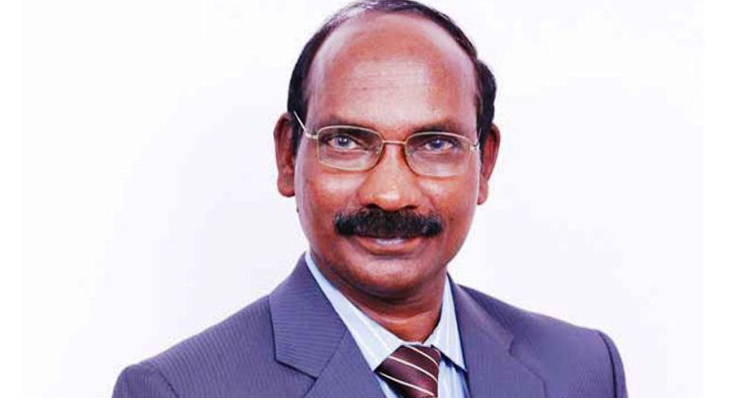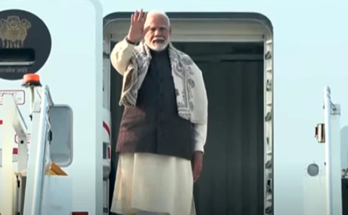 JNS: Indian Space Research Organisation (ISRO) chairman K Sivan said, we have not given up hope on establishing contact with the Vikram lander yet.
JNS: Indian Space Research Organisation (ISRO) chairman K Sivan said, we have not given up hope on establishing contact with the Vikram lander yet.
“Efforts to contact it will continue for the next 14 days,” he added.
The scientist had last spoken minutes after ISRO lost contact with the lander around 1:55 am, and his words left millions across the country dejected.
“Vikram lander’s descent went as planned and normal performance was observed up to an altitude of 2.1 km. Subsequently, the communication from the lander to the ground station was lost. The data is being analysed,” said Sivan around 2:16 am at the ISRO centre in Bengaluru.
ISRO Chief blamed faulty execution in the last stage of the operation — when the Vikram lander was 2.1 km above the lunar surface — for the loss of communication.
“Right now the communication is lost, but we are trying to re-establish communication with the lander over the next 14 days,” said Sivan. “The first phases of the power descent were executed properly… it was in the last phase that we lost communication with the lander,” he told to Doordarshan.
Scientists lost contact with the Lander Vikram just seconds before it was due to touch down, 2.1 km from the lunar surface towards the South Pole.
“The payload in the orbiter is going to give us a lot of data over the next few years… we were successful with our scientific mission but it is the technology demonstration where we failed,” Sivan said. “The mission was nearly a 100% success.”
“For the first time, we will be getting data from the polar region of the moon…the world will be accessing this information for the first time ever,” he added.
Sivan said the planned life of the Orbiter, placed around the moon, has been enhanced to seven years as compared to a year as estimated earlier. “The Orbiter can function for 7.5 years and not a year as said before because of the fuel that is available,” he said. “This will enable us to cover the entire globe of the moon.”
Sivan said that the Chandrayaan-2’s failed attempt at landing would not have a cascading effect on other projects of the space agency.
“No other project will be delayed. We will be going ahead with the Carto Sat project by the end of October, we are on course for completion of all our other projects, including Gaganyaan,” he said. “The Gaganyaan mission will commence by the end of 2020.”
Under the Gaganyaan mission, India hopes to send humans to space and bring them back in 2022. It will be India’s first manned space mission and a number of selection processes will be done to choose astronauts. The mission was initially announced by Prime Minister Narendra Modi during his Independence Day speech in 2018.




